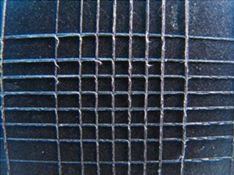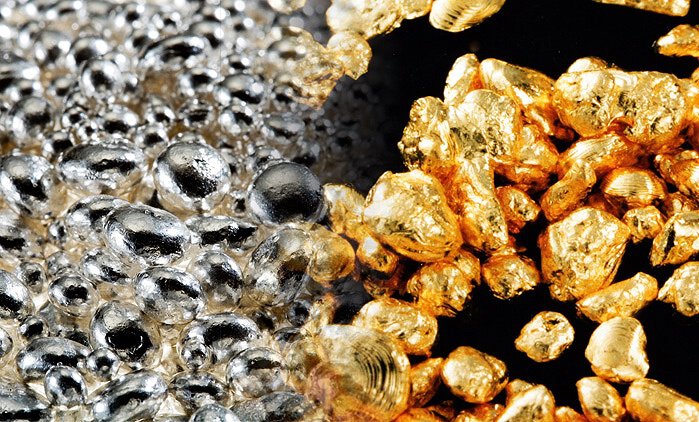The Impact of Temperature on Parylene Adhesion
Posted by Sean Horn on Fri, May 20, 2016
Basic Thermal Properties of Parylene Conformal Coatings CVD-generated parylene combines high thermal stability with a low dielectric constant, minimal moisture absorption, and other advantageous properties which sustain its adhesion to substrate surfaces. Among the most beneficial of the parylenes’ thermal properties is their ability to function at an exceptional range of temperatures. Dep



0 Comment Click here to read/write comments